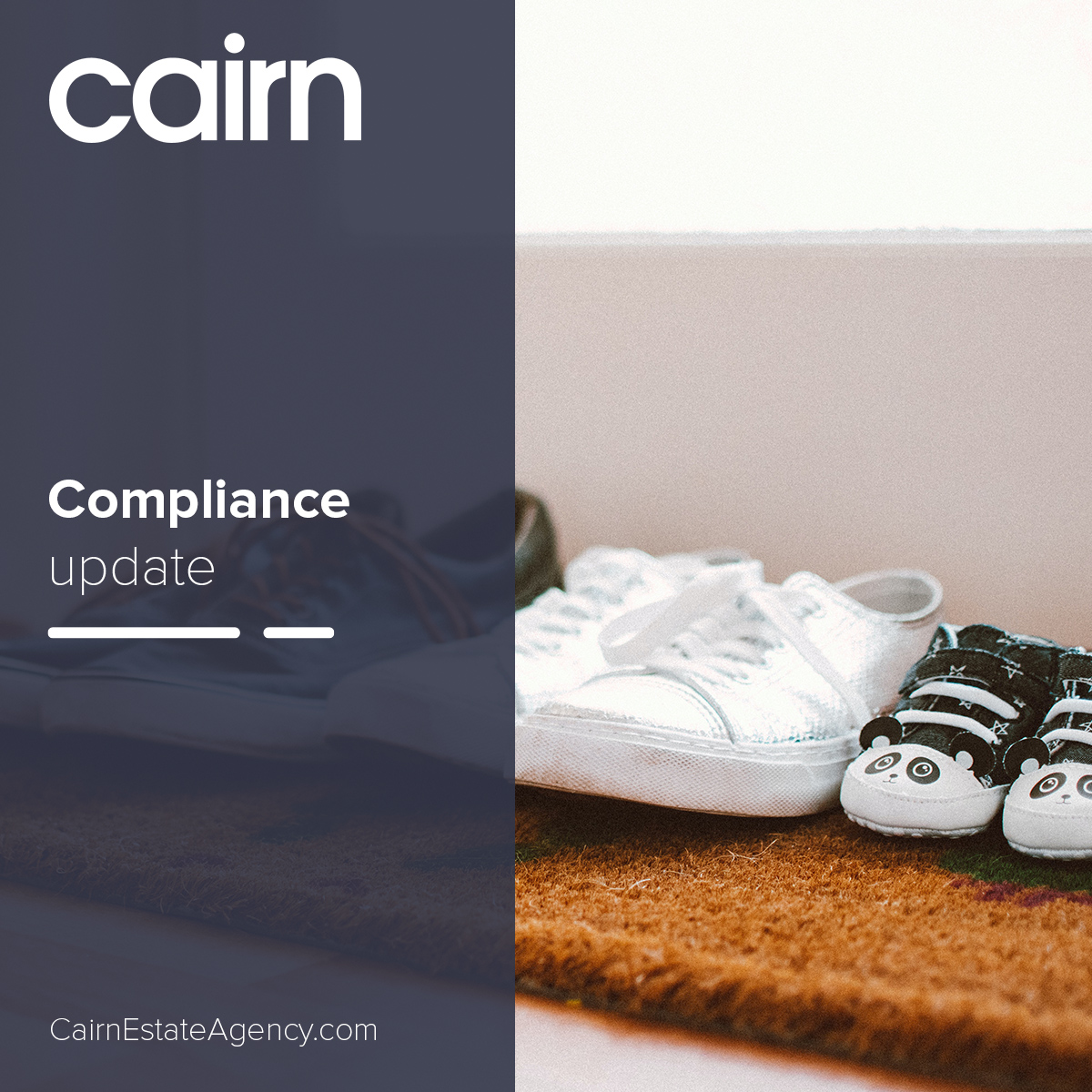The latest property news & information from a trusted source.
Explore our property blogs, select a category from below
Compliance Update – Electrical Installation Condition Reports
On 28th March 2022, changes were made to the wiring regulations that electrical inspectors must follow when conducting electrical installation condition reports (EICR’s). This change falls under ‘Amendment 2’ of the 18th Edition of the Wiring Regulations, BS7671:2018: https://www.niceic.com/18th-part-2
Changes were implemented originally with a 6-month grace period and became mandatory on 28th September 2022. These mandatory changes impact the way in which electricians code items during an EICR inspection.
The two most notable changes are:
- All consumer units in every property must have Surge Protection Devices (SPD) installed.
SPD’s provide protection against sudden spikes in voltage known as transient over-voltages. They safeguard the electrical installation from this, which consists of the consumer unit, wiring and accessories.
SPD’s also provide protection to vulnerable equipment with sensitive electronic circuitry, such as computers, fire fighting systems and emergency lighting.
- Arc Fault Detection Devices (AFDDs) must now be installed in higher risk residential buildings, including:
- HMOs
- High rise flats
- Care homes
- Other properties where there is an increased risk of fire
The AFDD is a circuit breaker which uses microprocessors to identify the presence of dangerous electrical arcs and disconnect the circuit affected. They are installed onto the consumer unit and are more sensitive than conventional circuit protection devices.
As a result of this change to regulations, landlords may now note that their EICR checks are coming back as ‘unsatisfactory’ if the consumer unit fails and needs replaced, as all consumer units now require the appropriate SPD to be present. Any consumer units installed without the appropriate SPD would be classified as ‘non-compliant’, therefore it is mandatory that these works are undertaken if noted on the EICR.
Similarly, the electrician will determine if the property is ‘higher risk’ (such as an HMO) and may mark the EICR certificate as ‘unsatisfactory’ because an AFDD is required as another level of protection. It is again mandatory that these works are undertaken if noted on the EICR.
We appreciate that this could result in quite substantial costs for landlords to comply, therefore Cairn is working hard in the background to get the best deals on cost possible for our landlords with our approved and qualified contractors.
Please be assured that you are in the best hands, however, should you have any questions regarding this, please do not hesitate to contact our friendly and qualified letting team, who will be more than happy to assist.
Gemma Waters ( MARLA )
Operations, Compliance & Training Manager
18th October 2022
 Out of Office Hours
Out of Office Hours Glasgow 0141 270 7878
Glasgow 0141 270 7878


